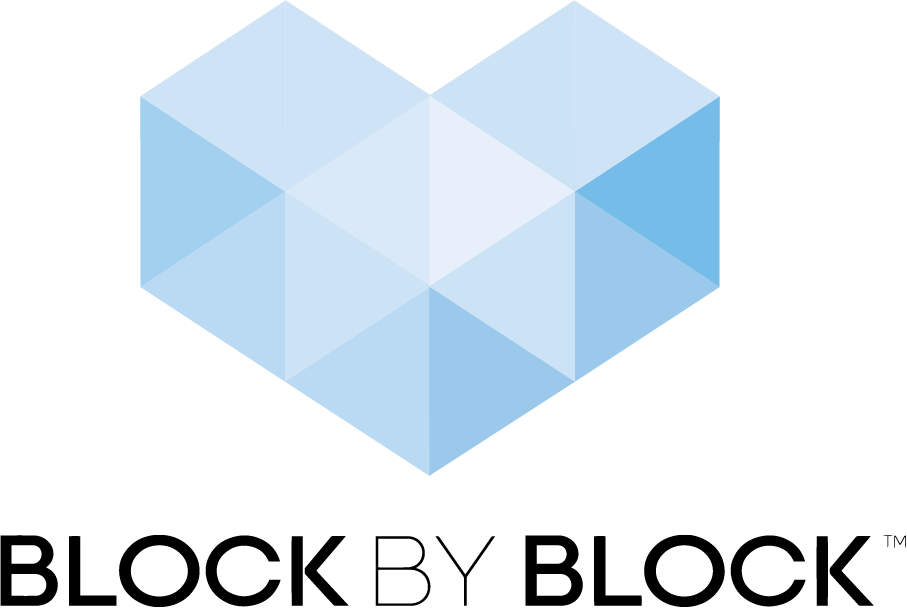COVID Protection for Informal Settlements in Bhopal
COVID Protection for Informal Settlements in Bhopal
As the pandemic threatened Bhopal, India’s congested informal settlements, we helped with handwashing kiosks, masks, and access to safe socialization spaces.
COVID Protection for Informal Settlements in Bhopal
Bhopal, India
Project type: COVID-19 Response
Collaborators: UN-Habitat, Healthbridge, CFI Trust
Region: Asia and Pacific
Tags: COVID-19, economic opportunity, micro-interventions, disaster recovery, public health, public safety and security, social inclusion and human rights
Supporting safe socialization in Bhopal settlements, India
Background
The city of Bhopal, India, has more than 1.7 million inhabitants. The pandemic particularly threatened its congested informal settlements. Our project targeted several of these informal settlements, aiming to improve accessibility to public spaces, sustain livelihoods, and maintain social cohesion during times of physical distancing.
Building Safe Spaces, Block by Block
The project was implemented over three months across 10 informal settlements. We wanted to provide opportunities for socializing during the COVID-19 pandemic by improving public spaces and making them safer and healthier. We provided hygiene centers with a hand-washing kiosk, offered face masks to high-risk populations, and increased the number of safe meeting spaces by installing benches in prominent spots to encourage social distancing.
One of the custom hand-washing kiosks created to help protect the community
Maintaining physical distancing during the project was challenging, especially during community consultations. The partners had to restrict the number of people gathering to 10 per meeting, which increased the number of consultations to reach more community members.
Engaging the community in safe, small-group planning and socialization
Progress
This project provided relief at a time of uncertainty and confusion. It proved critical to its residents in reclaiming open public spaces, improving the quality of those spaces, staying mentally and physically healthy in a pandemic, and addressing fears of social distancing.
More Resources
Key Recommendations for Cities in a COVID-19 World
12 Key Principles for an Effective Urban Response during COVID-19


